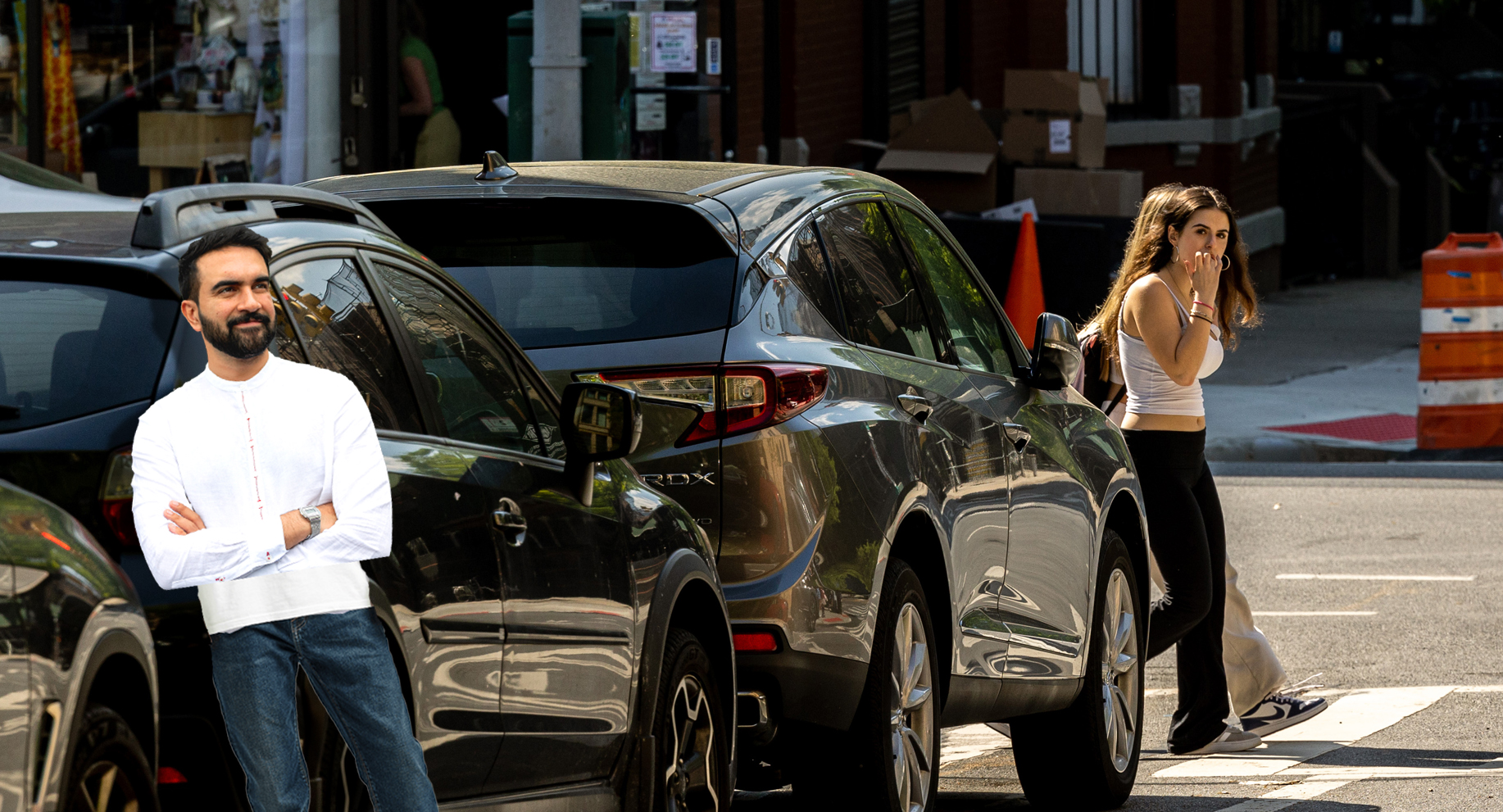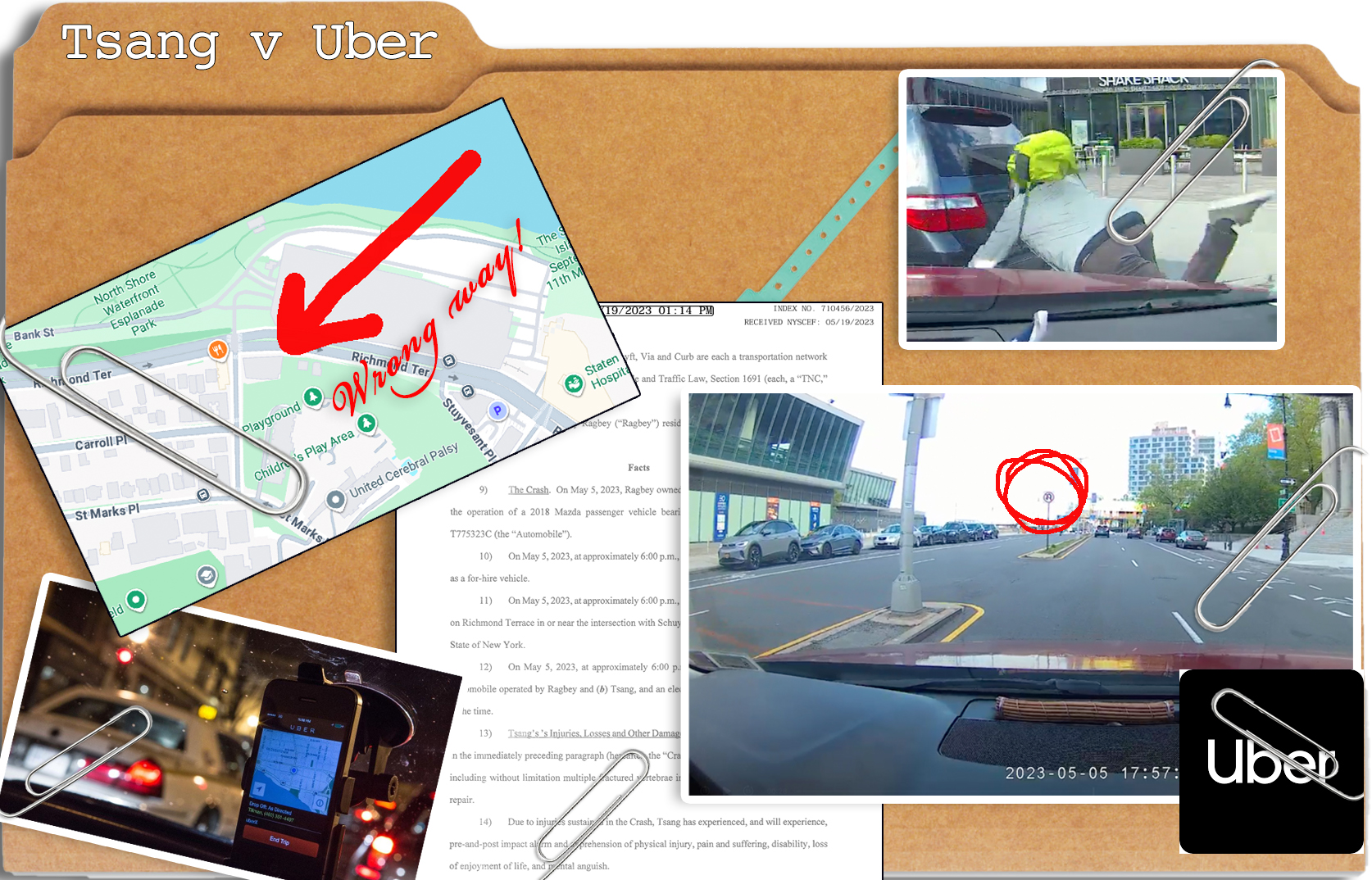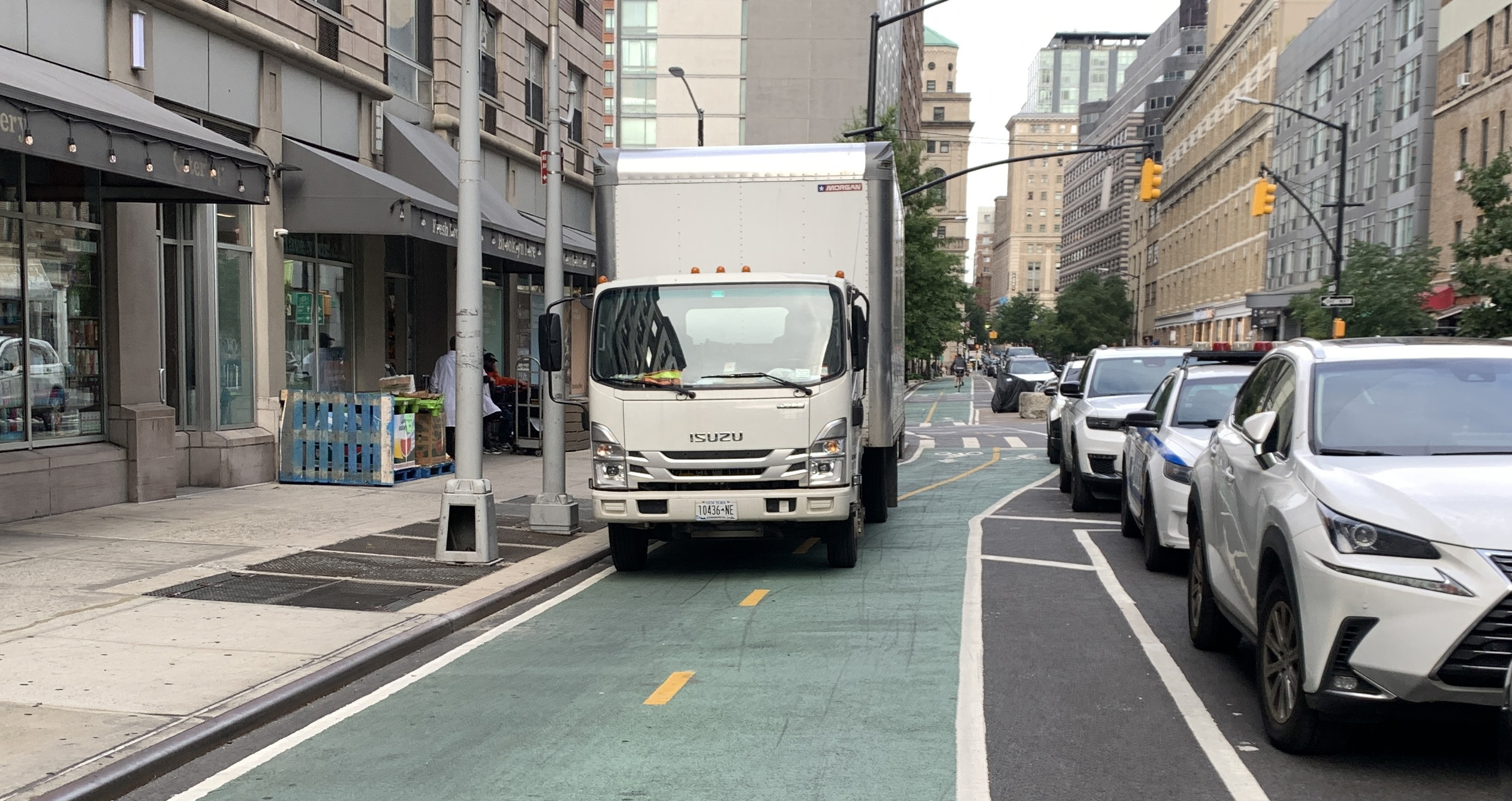As part of her graduate studies, Emily Washington at Network blog Market Urbanism set out to determine if people were willing to pay a premium for housing in a walkable urban setting. She developed two different models to see if there's a link between housing prices and Walk Scores in 259 cities. Wouldn't you know it, she found a pretty clear connection. Washington shared the results of her research in a post yesterday and is asking for feedback on her methodology:
I tested the impact of Walk Score on median house prices controlling for household income, unemployment, and cost of living. The sample includes 259 cities for which I had Walk Score data and Census data by Metropolitan Statistical Area for the other controls. The results suggest that for a one-point increase in Walk Score, we can expect a .5% increase in a cities’ median house price, and this result is statistically significant.
In another way of measuring the same question (an IV regression using the year the city was founded as the instrument), I found that a one-point increase in Walk Score can be expected to increase home prices by 3%. This result is also statistically significant, but I have less faith in this model.
For the most part, the other studies that I’ve seen of Walk Score’s relationship to house prices look at one city or a few cities and control for variables like a neighborhood’s crime rate and housing quality. While there are obvious advantages to these more detailed, local studies, I think the national view gets around the sample selection problems that make other results ungeneralizable.
Elsewhere on the Network today: An exhibit brings the trains rejected by Wisconsin governor Scott Walker to Milwaukee, demonstrating what might have been if it weren't for political antics, reports Urban Milwaukee. BikeWalkLee writes that a Fort Myers area women who fell asleep at the wheel and killed a local cyclist won't face criminal charges. And Bike Portland highlights some of the successes from the local political action committee dedicated to walking and biking issues.






